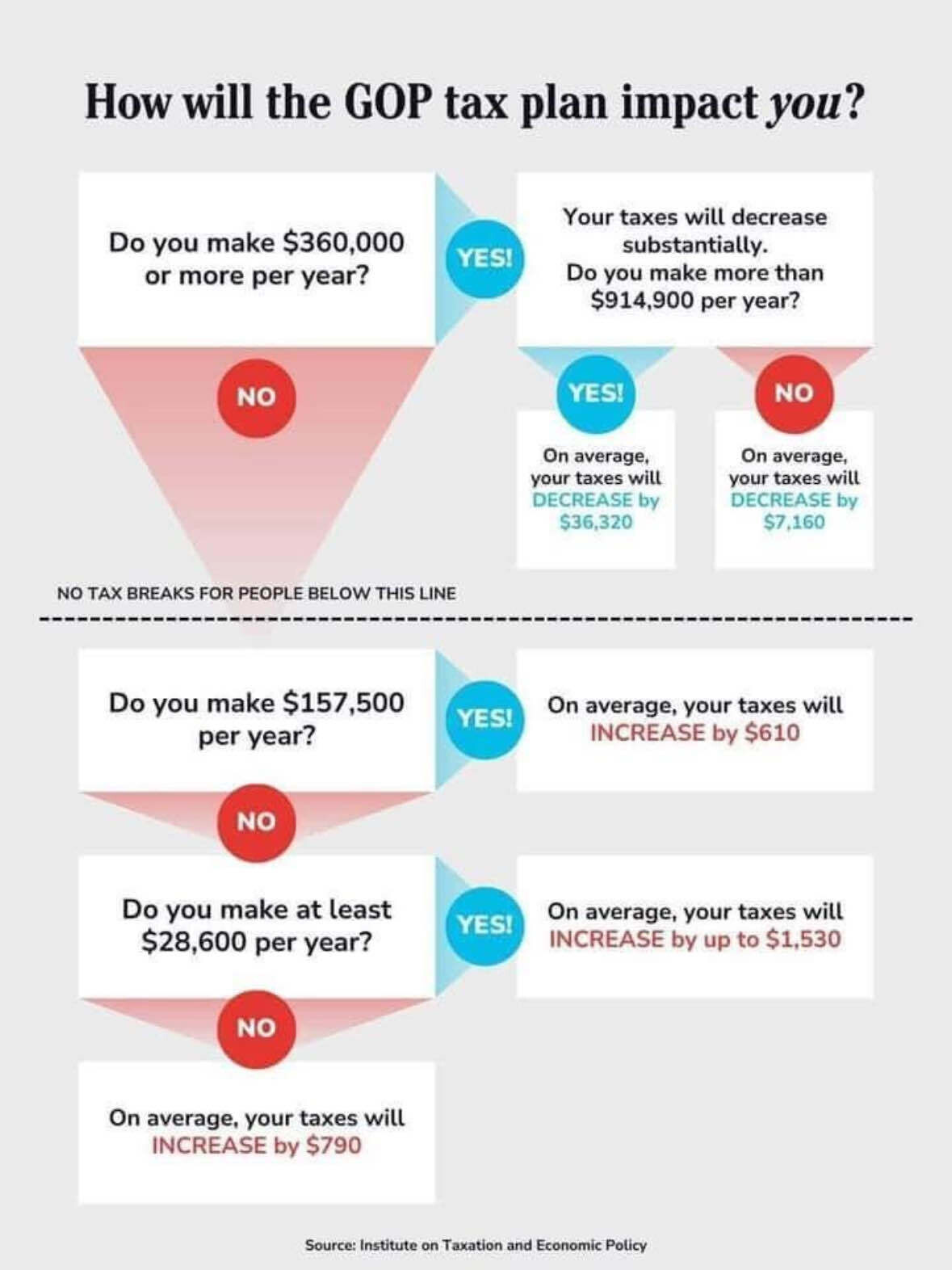NJ Transit Averts Strike: Engineers Union Reaches Tentative Agreement

Table of Contents
Details of the Tentative Agreement
The tentative agreement between NJ Transit and the engineers' union represents a compromise on several key issues. Both sides made concessions to reach this crucial deal, preventing a costly and disruptive strike. The contract negotiations were lengthy and complex, encompassing various aspects of the engineers' employment. The resulting labor agreement includes:
- Salary Increase: A substantial percentage salary increase over the duration of the contract, offering a significant boost to engineers' compensation. Specific figures will be released once the agreement is ratified.
- Healthcare Benefits: Improvements to healthcare benefits, including potentially lower premiums and expanded coverage options, addressing a major concern for union members.
- Work Rule Changes: Resolution of several work-rule disputes, improving operational efficiency and clarifying responsibilities. Specific details on these changes will be available upon ratification.
- Timeline for Ratification: The union will hold a ratification vote within [Number] weeks, with the official outcome expected by [Date]. This timeframe is crucial for ensuring the smooth implementation of the new contract.
These are just the highlights; the complete details of the collective bargaining agreement will be made public once the ratification process is complete.
Impact on Commuters and the Economy
The potential NJ Transit strike loomed large, threatening widespread disruption to commuters and a severe blow to the New Jersey economy. A work stoppage would have resulted in:
- Massive Transportation Disruptions: Significant delays and cancellations across NJ Transit's rail lines, impacting hundreds of thousands of daily commuters. Alternative transportation options would have been quickly overwhelmed.
- Economic Losses: Businesses would have faced substantial losses due to employee absenteeism, reduced productivity, and potential business closures. The overall economic impact would have been substantial.
The averted strike means:
- Minimized Disruptions: Daily commutes will remain largely unaffected, ensuring minimal disruption to commuters' lives.
- Economic Stability: The state's economy will avoid the significant financial losses that would have accompanied a transit strike.
- Reduced Stress: The averted strike will significantly reduce stress and inconvenience for the hundreds of thousands of New Jersey residents who rely on NJ Transit for their daily commutes.
Reactions from NJ Transit and the Union
Following the announcement, both NJ Transit and the engineers' union released statements expressing satisfaction with the tentative agreement. [Insert quote from NJ Transit official] said, "[Insert quote here]". [Insert quote from union leader] stated, "[Insert quote here]". These press releases underscore the collaborative effort that led to the resolution.
The Road to Ratification
The next critical step is the ratification vote by the union members. The voting process is expected to be completed by [Date]. While the tentative agreement suggests a positive outcome, there's always a possibility that union members could reject it. Potential challenges to ratification could include:
- Dissatisfaction with Specific Terms: Some members might have concerns about particular aspects of the agreement, potentially leading to a rejection.
- Low Voter Turnout: Low participation in the vote could skew the results and potentially lead to a rejection even if a majority of those voting favored the agreement.
Successful ratification will pave the way for the implementation of the new contract, ensuring stability for NJ Transit engineers and the smooth operation of the state's vital transportation system.
NJ Transit Strike Averted – A Look Ahead
The tentative agreement between NJ Transit and its engineers' union marks a significant victory for commuters and the New Jersey economy. The deal prevents widespread disruption, protects jobs, and safeguards economic activity. The agreement addresses key concerns related to salary increases, healthcare benefits, and work rules. However, the long-term financial health of NJ Transit remains a significant concern. Securing sustainable funding will be crucial to avoid future labor disputes and ensure the reliable operation of New Jersey’s vital public transportation system. Stay tuned for updates on the ratification of the NJ Transit engineers' union agreement. For the latest news on NJ Transit and its impact on New Jersey commuters, continue to follow [Your News Source].

Featured Posts
-
 Le Maintien En Pro D2 Decryptage De La Situation De Valence Romans Et Su Agen
May 20, 2025
Le Maintien En Pro D2 Decryptage De La Situation De Valence Romans Et Su Agen
May 20, 2025 -
 Cote D Ivoire Le Diletta Geant Maritime Arrive Au Port D Abidjan
May 20, 2025
Cote D Ivoire Le Diletta Geant Maritime Arrive Au Port D Abidjan
May 20, 2025 -
 Germany Edges Out Italy 5 4 In Nations League Aggregate Score
May 20, 2025
Germany Edges Out Italy 5 4 In Nations League Aggregate Score
May 20, 2025 -
 Analyzing The Gop Tax Plan The Reality Of Deficit Reduction
May 20, 2025
Analyzing The Gop Tax Plan The Reality Of Deficit Reduction
May 20, 2025 -
 Matheus Cunha To Manchester United Deal Progress And Plan B
May 20, 2025
Matheus Cunha To Manchester United Deal Progress And Plan B
May 20, 2025
